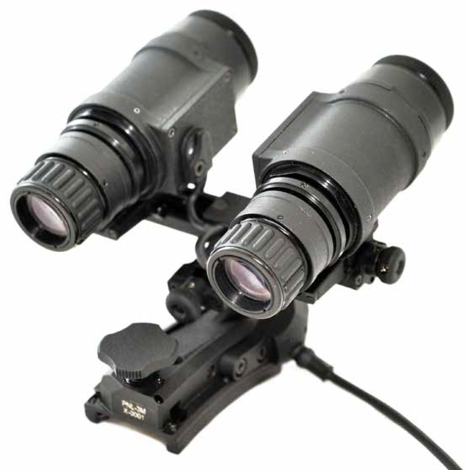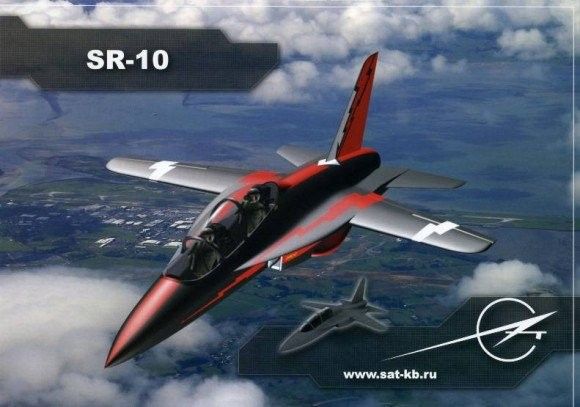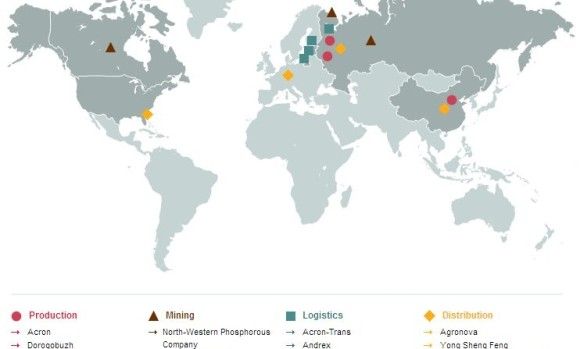Industry
MSPO 2016: Miniaturized “Orlik” Pilot’s NVG System
During the MSPO 2016 Defence Salon, the miniaturized aviation PNL-3M “ORLIK” night vision goggles are demonstrated by the PCO S.A company. Their role is to make it possible for the pilots and for the flying crews to observe the terrain and detect targets during the night flights.
The role of the PNL-3M “Orlik” goggles is to make it possible for the pilots and for the flying crews to observe the terrain and detect targets during the night flights. The goggles are based on the latest Intens® image intensifiers, in case of which the photocathode has a diameter of 16 mm, which allows the user to carry out observation tasks at night, thanks to the fact that the residual light is properly intensified.
The intensifiers in question have been fitted with an autogating system, which safeguards the tube from additional damage and protects the user from temporary blindness. The system automatically sets the image intensity, depending on the surrounding lighting conditions. Thanks to the above solution, “Orlik” NVGs may be used when sudden flashes or changing lighting conditions are present, without blinding the user.
In order to use the goggles in question within a cockpit environment, it is required to apply a proper instruments panel lighting, namely light emitting diodes compliant with the MIL-L-85762A and MIL-STD 3009 norms. The goggles are at the same time tailored to be used with the Night Helmet Mounted Display system (Nocny Wyświetlacz Nahełmowy – NWN-1), the purpose of which is to visualize the helicopter’s flight parameters in poor light conditions, allowing the pilot to control the aircraft without using the instrument panel.
The field of view for the goggles is not narrower than 38 degrees. Focusing is possible within the range from 25 centimetres to infinity. The optical system of the goggles ensures that the user may use stereoscopic vision for observing the work environment, with natural shape, scenery and size perception ensured, which facilitates spatial orientation. This is ensured thanks to properly designed distance of the exit pupil (23 mm ± 1 mm from the last optical surface of the lens).

“Orlik” NVG system is easy to mount, comfortable and safe to use. Thanks to a special attachment system they may be mounted directly onto the THL-5 NV, HGU-56 or ALPHA helmets, in a way which virtually does not limit the pilot’s head movement and ability to use his own vision for maintaining the situational awareness. This is ensured thanks to the fact that the system is small and light, the weight imposed is balanced by the battery/power supply, mounted at the back of the helmet with the use of a tape. The package also features a connector for the wires which connect the goggles with the onboard avionics. The NVG system’s weight is 840 grams.
“Orlik” goggles may be supplied with power independently, thanks to a single AA battery (offering the voltage range from 1.2 to 3.6 volts), with an option of operating for up to 15 hours, or via the onboard power supply system of the aircraft, offering the voltage of 27V.
The helmet mounting system offers an adjustment option, making it possible to tailor the system to the individual features of the user’s vision with the use of relevant adjustment knobs. Thanks to the above solution, distance between the oculars may be adjusted (within the range between 52 and 74 mm), distance of the entry pupil from the eye, position of the goggles in relation to the helmet’s edge and angle of inclination. Moreover, individual dioptre adjustment is also available (range of +2 - -5).
The goggles have been fitted with a special g-load safeguard, releasing the goggles automatically, should emergency landing or any other accident take place, with the system being engaged at the g number exceeding 5. Thanks to the above, it is less probable that the user, should an accident take place, would suffer from a head or neck-spinal trauma.
PNL-3M Orlik NVG system is being used by the Polish Armed Forces and the Armed Forces of Ukraine. Moreover, the civil variant has been certified for being used within the European airspace by the EASA agency.
Maksymilian Dura


